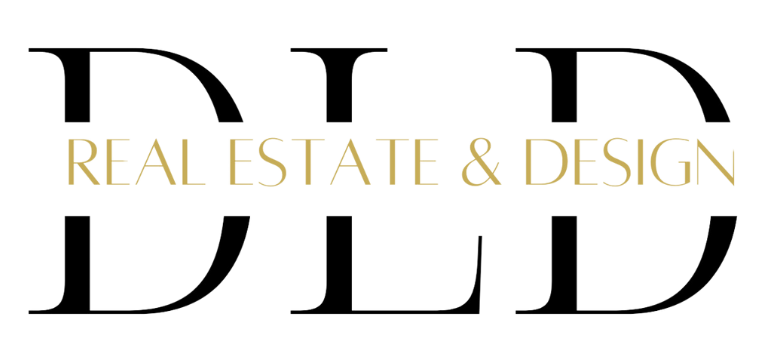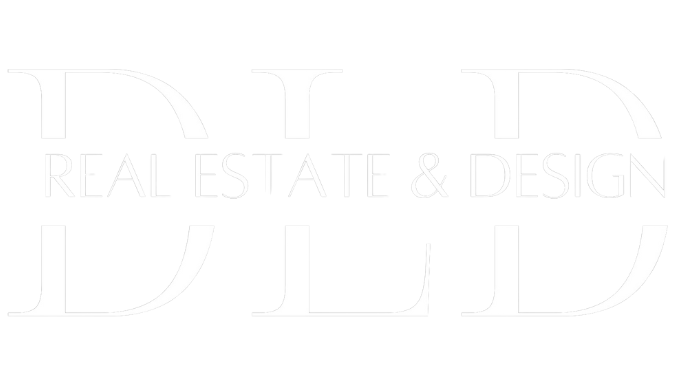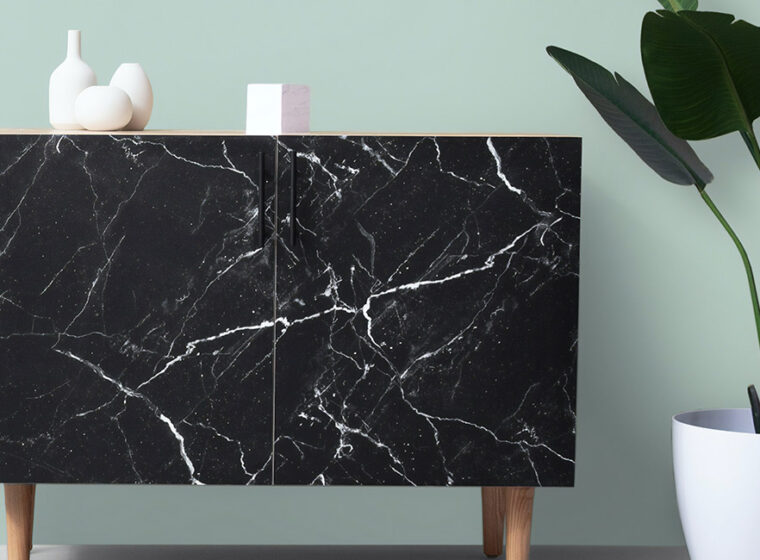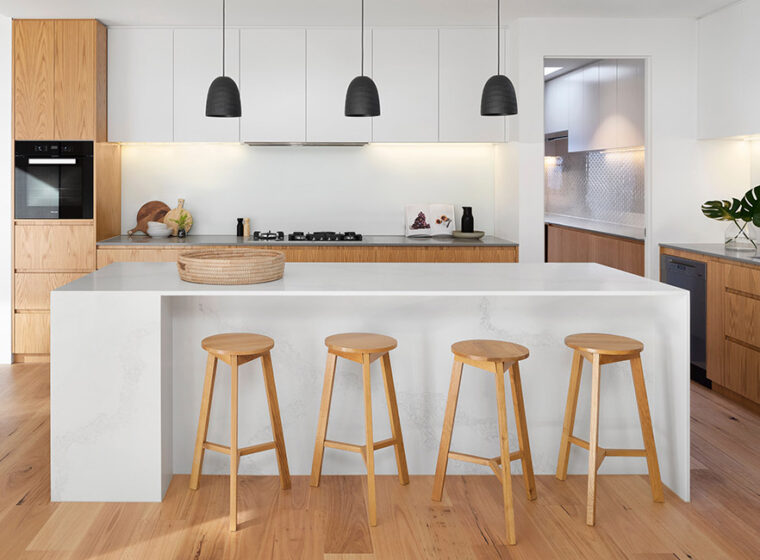Renting vs. buying a home is a major financial decision, and each option has its own set of pros and cons depending on your lifestyle, financial situation, and long-term goals. Here’s a clear breakdown:
PROS:
- Equity Building: Mortgage payments build equity over time, increasing your net worth
- Stability: Fixed mortgage payments and long-term ownership provide housing stability
- Customization: You’re free to renovate or change your home as you please
- Tax Benefits: Mortgage interest and property taxes may be deductible
- Potential Appreciation: Property value may increase over time, yielding a profit if you sell

CONS:
High Upfront Costs: Down payments, closing costs, and other fees can be substantial
Maintenance Responsibilities: Homeowners are responsible for all repairs and upkeep, which can be costly and time-consuming
Less Flexibility: Selling a home can be a lengthy process, making relocation more challenging
Market Risk: Property values can decline, potentially leading to financial loss
Ongoing Expenses: Property taxes, insurance, and possible homeowners association (HOA) fees add to monthly costs
RENTING A HOME
PROS:
Flexibility: Easier to relocate for work or personal reasons
Lower Upfront Costs: Typically only need a security deposit and first month’s rent
No Maintenance Hassles: Landlord handles most repairs and upkeep
Predictable Costs: No unexpected repair bills or property tax increases
Access to Amenities: Rentals may include pools, gyms, or security services
CONS:
No Equity: Rent payments don’t build ownership or wealth
Rent Increases: Landlords can raise rent at lease renewal
Limited Control: Restrictions on decor, pets, or renovations
Instability: Landlord can choose not to renew the lease
No Tax Benefits: Rent isn’t tax-deductible
Deciding whether to rent or buy a home is a significant financial and lifestyle choice, especially in today’s dynamic housing market.
DLD REAL ESTATE ADVISORS
Which Is Better?
It depends on your goals:
Buy if you want long-term stability, plan to stay put, and can afford the upfront costs.
Rent if you prioritize flexibility, are unsure of your long-term plans, or want to avoid maintenance.
Would you like a simple calculator or checklist to help decide which is best for you?
ChatGPT said:
Here’s a financial analysis of renting vs. buying a home, covering both short-term and long-term perspectives:
1. Upfront Costs
| Expense | Renting | Buying |
|---|---|---|
| Security Deposit | 1–2 months’ rent | – |
| First Month’s Rent | ✔ | – |
| Down Payment | – | 5–20% of home price |
| Closing Costs | – | 2–5% of home price |
| Inspection/Appraisal | – | $300–$800+ |
Renting has minimal upfront costs.
Buying requires significant capital to start.
2. Monthly Costs
| Expense | Renting | Buying |
|---|---|---|
| Rent | ✔ | – |
| Mortgage Payment | – | ✔ (Principal + Interest) |
| Property Taxes | – | ✔ |
| Homeowners Insurance | – | ✔ |
| Renters Insurance | ✔ | – |
| HOA Fees (if any) | – | ✔ |
| Maintenance | – | ✔ (~1% of home value/year) |
Rent may be cheaper monthly, but this can change with inflation.
Mortgage payments can be fixed and may eventually end, but taxes/insurance continue.
3. Long-Term Wealth Impact
Buying
Builds equity with each payment.
Possible appreciation in property value.
Tax deductions for mortgage interest and property taxes.
After the mortgage is paid off, housing costs decrease significantly.
Renting
No equity or ownership.
Money spent on rent has no return.
Flexibility, but at the cost of asset-building.
4. Opportunity Cost
Buying: Money used for down payment could be invested elsewhere. If the market underperforms, that money may grow more in investments than in home equity.
Renting: You can invest the money you save from not buying, possibly earning a better return if you’re disciplined.
5. Break-Even Horizon
A rule of thumb: It generally takes 5–7 years of owning a home before buying becomes more financially beneficial than renting. This accounts for:
Closing costs
Appreciation
Equity build-up
Rent inflation
If you move before this period, renting is often cheaper.
Example: 10-Year Comparison (Simplified)
| Scenario | Rent ($2,000/mo) | Buy ($400,000 home, 10% down) |
|---|---|---|
| Total Rent Paid | $240,000 | – |
| Total Mortgage Payments | – | ~$430,000 (over 10 years) |
| Home Value After 10 Years (3% annual growth) | – | ~$537,000 |
| Equity Built (estimate) | – | ~$170,000 |
| Net Worth Impact | $0 | +$170,000 (minus costs) |
Note: Buying comes out ahead if the home appreciates and you’re in it long enough.
Key Takeaways
Buy if you plan to stay for 5+ years, can handle upfront costs, and want to build wealth.
Rent if you value flexibility, expect to move often, or prefer not to deal with property risks
Tools for Further Analysis
To make a personalized decision, consider using a Rent vs. Buy Calculator:
These tools can help you input specific financial details to compare the long-term costs and benefits of renting versus buying.
If you need assistance analyzing your specific situation or have further questions, feel free to ask!










